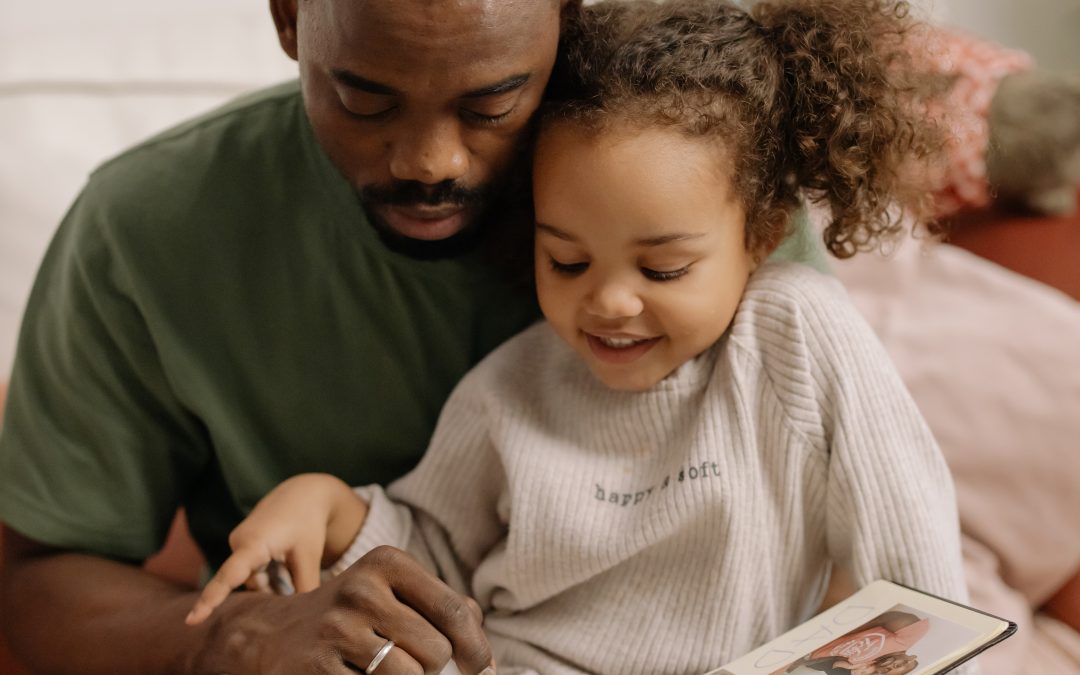As parents, the thought of our child suffering is devastating. We’d do anything to take away their pain, and if we could switch places with them, we would.
So, when your child is depressed, you want to do whatever you can to help. But what exactly is that? Simi Psychological Group is here to help. Our team of licensed child therapists in Thousand Oaks is here to share with you seven ways you can help support your child that is experiencing depression. Continue reading, or contact us for more information at (805) 842-1994.
- Know the signs. Before you can offer support, you need to know what to look for. In general, teens are more likely to withdraw, be more irritable, and demonstrate a marked change socially and academically. Younger children may exhibit more sadness, be more clingy with caregivers, or demonstrate anxiety.
But symptoms vary from person to person, so below is a complete list of what to look for. Your child will not exhibit all of these symptoms, but if you recognize a number of them, it may be an indication that they’re struggling. These include
- Frequent sadness, crying, tearfulness
- Irritable mood or angry outbursts
- Low self-esteem
- Change in sleeping habits
- Frequent complaints of the stomach, headaches, or other physical symptoms
- Change in eating habits (eating more than usual or less than usual)
- Change in school performance
- Getting into trouble in school or elsewhere
- Social isolation, loneliness
- Loss of interest in activities they used to enjoy
- Extreme sensitivity to criticism, rejection, or failure
- Low energy
- Lack of motivation
- Hopelessness
- Suicidal ideation
2) Talk to a professional. If you suspect your child is suffering from depression, it’s important to talk to their primary care physician and mental health professional.
Getting your child into treatment with a therapist early will help improve their recovery and will help them develop additional coping skills as they work through their thoughts and feelings.
Traditionally, play therapy is the best approach for younger children. For teens, any form of talk therapy is helpful, but treatment approaches such as CBT (Cognitive Behavioral Therapy), ACT (Acceptance and Commitment Therapy), and DBT (Dialectical Behavior Therapy) are all known to be effective modalities in the treatment of depression.
Acknowledging the problem and acting quickly is key in supporting your child and getting them the resources they need.
3) Provide emotional support. Make sure your child knows you are available if they want to talk about their feelings. If they do, just listen and validate. Acknowledge that what they’re going through is painful and difficult. While it’s tempting to offer platitudes, these often come off as minimizing their experience, so avoid saying things like, “Look on the bright side,” “Things could be worse,” “It’s not that bad,” or “You’re ok.”
When trying to offer hope, you can say something like, “Things feel really bad right now. I know it feels like you’ll never feel better. I’m here for you, and I do believe you will get through this. It may take time, and that’s ok. Know that you’re not alone.” Give them permission to be where they are in their process. And if they don’t want to talk, don’t push them. Just remind them you are always available if they change their mind.
Remember that providing emotional support doesn’t have to involve talking. Just being present physically, without conversation, is often the best kind of emotional support. Cuddling, reading together, letting them cry on your shoulder (without questioning them or pushing them to talk), and loving physical touch if they’ll allow it (stroking their hair as they fall asleep, squeezing their hand, giving a hug with permission).
4) Encourage positive activities. Your child may not show much interest in participating in things, but it’s important to get them involved when you can. Encourage a younger child to engage in a play activity with you, an art activity, making cookies together, or playing a game, for example.
The same can apply to an older child. Perhaps your teen might agree to play a video game with you or watch a movie. The act of engaging in a creative activity (any art project, collage, painting, or coloring book) has been shown to be very helpful for all ages. Getting your child involved in fun family activities, like a family game night, a family hike, or outdoor activity may be helpful as well. Encouraging positive activities do not always have to mean your child does something with others; it can be a solo activity too.
It’s worth noting that in addition to encouraging positive activities, it’s also a really good idea to have older kids stay off social media for a while or at least reduce their time significantly. Spending a great deal of time on social media apps has been shown to increase anxiety and depression in teens.
5) Encourage connection. It’s common for people struggling with depression to isolate themselves. Similar to encouraging positive activities, encouraging your child to interact and connect with others is important.
Again, something as simple as making sure they come out for family movie night or sit with the family at mealtime can make a difference. Encourage them to reach out to their friends and to continue to partake in social activities. Attending a school sporting event, going out to eat with friends, inviting friends over, or simply texting or talking on the phone can all help decrease that social isolation.
6) Focus on the basics. One of the hallmarks of depression is a disruption to sleep, appetite, and movement. It’s easy for us to take some of these things for granted and to minimize the role they play in our mental health.
One of the best things to do when struggling with depression is to “go back to basics.” Keep it simple. Encourage your child to hydrate and get plenty of water. Make sure they have access to nutritious snacks and encourage them to eat regularly. If your child seems to be eating more than they used to (not less), never ever shame them about their food choices.
If this is a concern, you can gently suggest another activity (without “calling them out” on their food intake), such as playing a game, reading together, doing an art activity, going for a walk, etc. If your child’s sleep routine has been effective, encourage naps or quiet time when possible if they’re sleeping less. If your child is sleeping more than normal, again, never shame them. Gently encourage participation in another activity you can do together. Movement is another area affected by depression, as people typically become unmotivated, feel lethargic, or lose interest. Inviting them to move their bodies in some way on a regular basis can be helpful, again, without guilting or shaming them. This may be simply taking the opportunity to stretch with them; it may be going for a slow walk together or doing some yoga.
The point here is not “exercise” but movement. Lastly, if your child’s hygiene routine has suffered, encourage a shower or a bath. Simply encouraging them to brush their teeth or brush their hair (basic grooming) can be a mood lifter.
7) Support them with healthy coping strategies. Some positive coping strategies you can help your child with include starting a gratitude journal, practicing relaxation or deep breathing techniques, engaging in self-care, journaling, drawing their feelings, listening to music, listening to age-appropriate podcasts that focus on positive messages and empowerment, pet therapy (visit a dog park if you don’t have a family pet), meditation, and gentle movement.
While no parent wants to admit that their child is struggling, the sooner we notice, acknowledge, validate, and support them, the better.
Depression and anxiety are extremely common, and rates have only gone up over the last few years since the start of the pandemic. A child with depression is not an indication of parental failure, nor induction of a child’s weakness, but rather, an indication that they’ve got some painful experiences, thoughts, and feelings to process and work through. And they will. Your support as they do so will help them tremendously along the way. When looking for a professional to help equip you and your child with the proper tools for mental wellness, reach out to the compassionate team of child therapists at Simi Psychological Group. To learn more about our mental health services in Thousand Oaks, call (805) 842-1994.

Dr. Novak is the group practice owner and licensed psychologist at Simi Psychological Group a therapy practice in Simi Valley, California. Simi Psychological Group offers a variety of services including trauma therapy, couples therapy, anxiety therapy, teen therapy, and more. Simi Psychological Group emphasizes the importance of creating real change by making sure to get to the root of your struggles.




